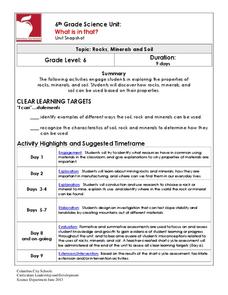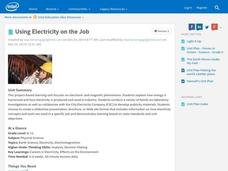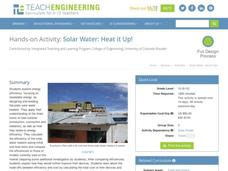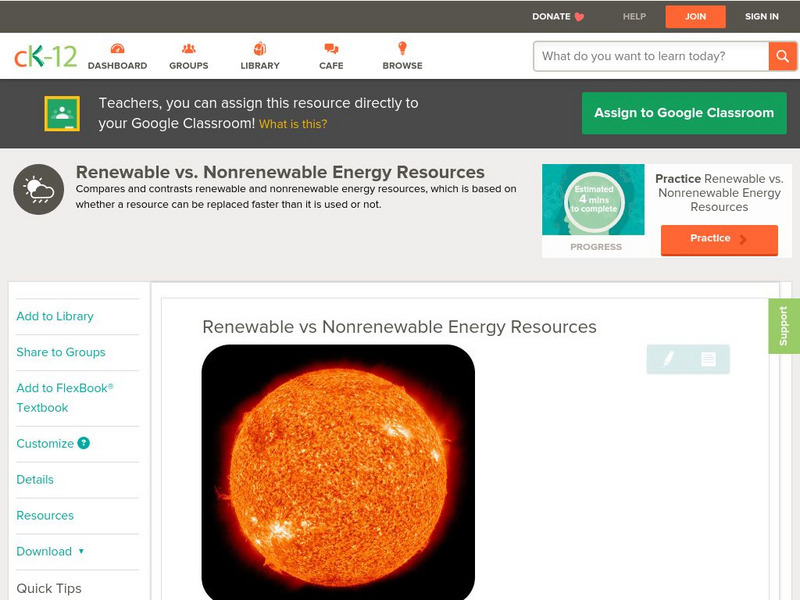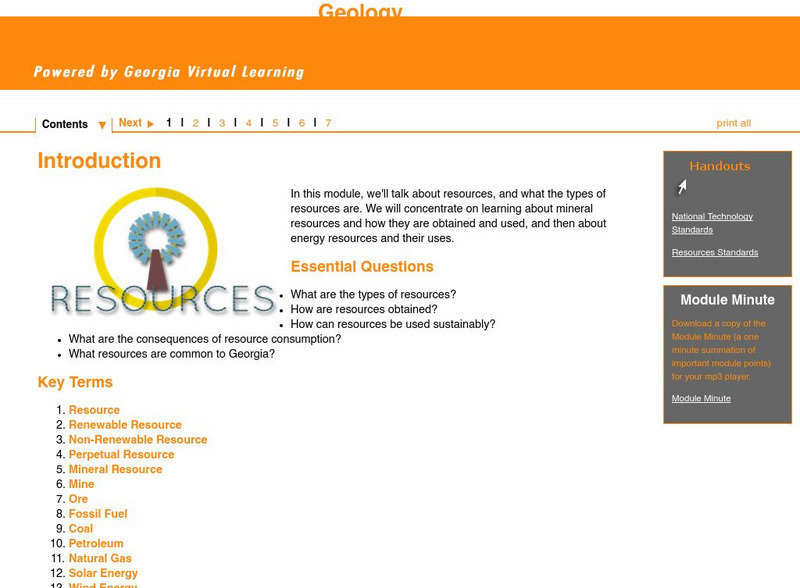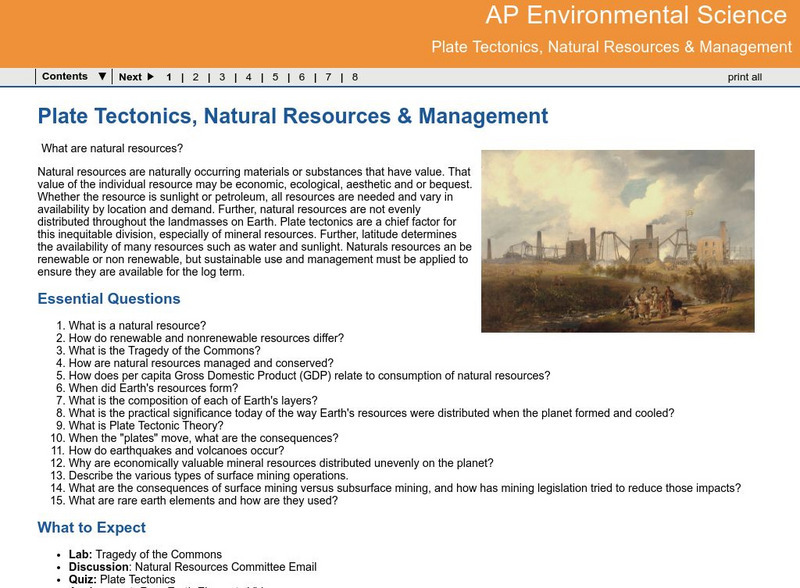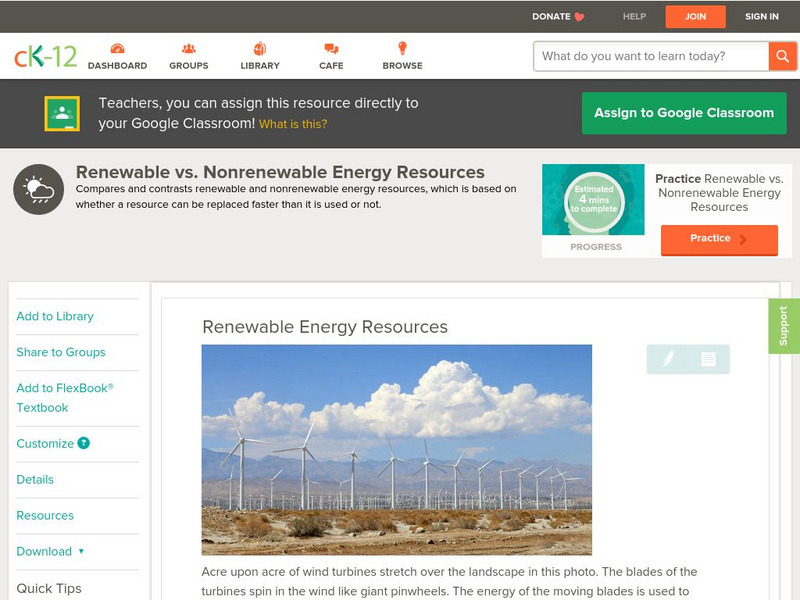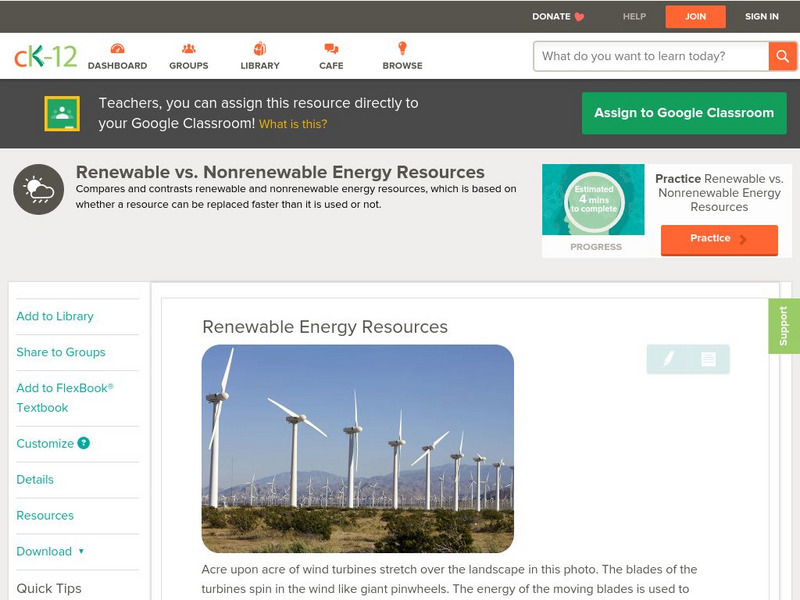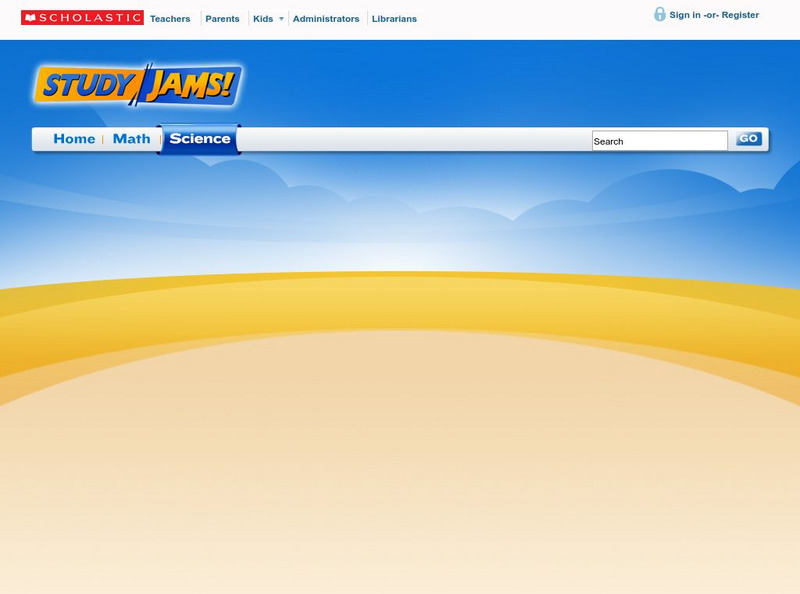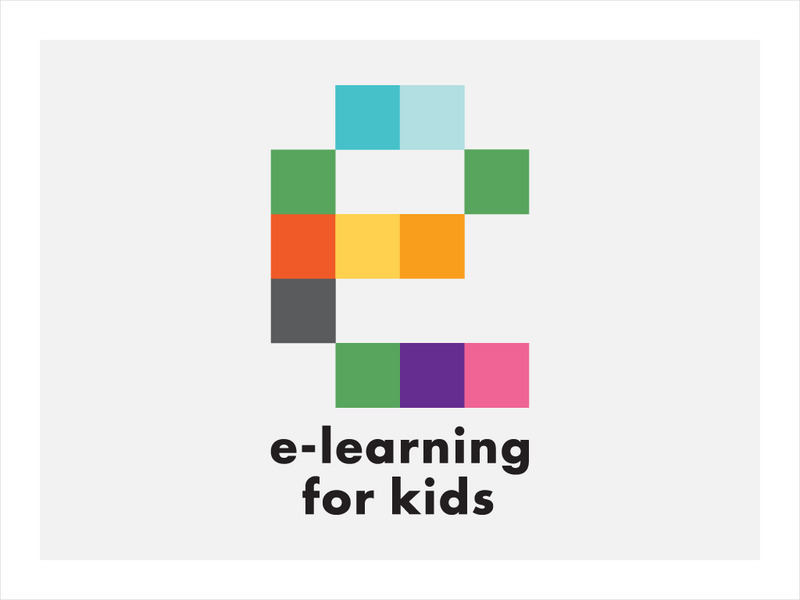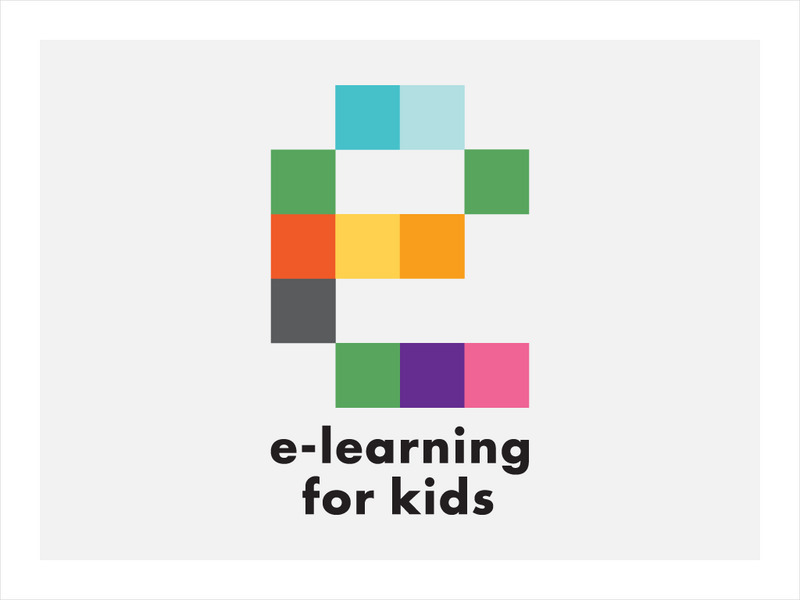Cal Recycle
Conserving Natural Resources
Trying to plan an engaging elementary science unit on natural resources? Conserve your energy! This five-part series of lessons and hands-on activities has exactly what you need to teach young scholars about the importance of conservation.
Government of South Australia
Don't Waste Your Energy
Don't lift another finger, this physical and environmental science unit has everything you need to begin teaching your class about energy. Starting with a look at the greenhouse effect, these lessons and activities take young scientists...
Columbus City Schools
What is in that?
Invite your class to dig in to an engaging journey into the world of mining! Here you'll find the tools to equip young miners with knowledge of soil, rocks, and minerals, as well as types of mining operations. To round things out, the...
Tennessee Valley Authority
Renewable Energy Sources
Not all energy sources are renewable, as learners investigate in this unit. Made up of six lessons that span a few weeks of instruction, the unit has learners examining US energy reserves and consumption, using data to draw conclusions...
University of Southern California
Human Impact on the Sea
How far does the human hand reach? Five interactive lessons lead classes through a unit exploring the human impact on ocean resources, pollution, and even extinction. Learners discover how their decisions affect the ocean...
Columbus City Schools
It’s Electric!
Shocking! Who knew so many great ideas existed for teaching middle schoolers about electricity? Find them all within this energetic framework. You'll light up at the variety of printable and web-based resources within! After building...
Discovery Education
STEM Camp—Urban Infrastructure
Build a bridge to learning in a STEM-aligned unit about urban infrastructure. Young engineers explore the many aspects of civil planning and design in a five-day unit. Content includes the challenging aspects of balancing building with...
Intel
Using Electricity on the Job
Learners explore electricity, discussing its importance and researching different ways in which electricity can be generated. Groups present their findings to the class and then create publicity materials which promote and educate about...
Thoughtful Education Press
Compare and Contrast
Encourage readers to compare and contrast the information that they find in informational text with a variety of reading passages and worksheets. Learners read all about subjects in science, social studies, and literature...
Teach Engineering
Solar Water: Heat it Up!
Young engineers are instructed to design and build their own solar water heaters. Then, they calculate the efficiency and cost and compare them to commercially available models. This is a full unit for pupils to apply their knowledge.
CK-12 Foundation
Ck 12: Earth Science: Renewable vs Non Renewable Energy Resources
[Free Registration/Login may be required to access all resource tools.] Compare and contrasts renewable and non-renewable resources.
CK-12 Foundation
Ck 12: Earth Science: Renewable vs Non Renewable Energy Resources
[Free Registration/Login may be required to access all resource tools.] Compare and contrasts renewable and non-renewable resources.
CK-12 Foundation
Ck 12: Earth Science: Renewable vs Non Renewable Energy Resources
[Free Registration/Login may be required to access all resource tools.] Compare and contrasts renewable and non-renewable resources.
Georgia Department of Education
Ga Virtual Learning: Geology Resources
In this interactive tutorial you will learn about geological resources. Learn what the types of resources are and concentrate on learning about mineral resources and how they are obtained and used, and then about energy resources and...
Georgia Department of Education
Ga Virtual Learning: Ap Environmental Science: Plate Tectonics,natural Resources
Through interactive activities and readings, students learn that natural resources can be renewable or nonrenewable, but sustainable use and management must be applied to ensure they are available for the long term.
CK-12 Foundation
Ck 12: Earth Science: Renewable Versus Non Renewable Resources
[Free Registration/Login may be required to access all resource tools.] Distinguishes between renewable and nonrenewable resources.
Scholastic
Scholastic: Study Jams! Science: Energy, Light and Sound: Renewable Fuels
A slideshow and a short quiz on the different types of renewable energy sources.
Georgia Department of Education
Ga Virtual Learning: Environmental Science: Mineral and Energy Resources
Students explore the topics of mineral extraction, renewable and nonrenewable resources, and hazardous wastes in this comprehensive, interactive module.
Georgia Department of Education
Ga Virtual Learning: Ap Environmental Science: Energy Use and Energy Sources
This interactive learning module will focus on the fundamentals of energy and energy sources, renewable and nonrenewable, that support the human population. Students will also explore our dependence on nonrenewable fossil fuels to...
CK-12 Foundation
Ck 12: Earth Science: Renewable Energy Resources
[Free Registration/Login may be required to access all resource tools.] What renewable energy resources are and examples of renewable energy resources.
CK-12 Foundation
Ck 12: Earth Science: Renewable Energy Resources
[Free Registration/Login may be required to access all resource tools.] What renewable energy resources are and examples of renewable energy resources.
Scholastic
Scholastic: Study Jams! Science: Energy, Light and Sound: Natural Resources
A slideshow and a short quiz on natural resources, the difference between renewable and nonrenewable resources, and the impact humans have on the Earth's natural resources.
E-learning for Kids
E Learning for Kids: Scotland: What Is the Difference Between Renewable and Nonrenewable Resources?
Looks at types of natural resources that can be used for energy, and the difference between renewable and nonrenewable energy sources.
E-learning for Kids
E Learning for Kids: Science: Denmark: What Are Natural Resources and Why Are They Important?
Learn about natural resources, both renewable and nonrenewable, and the impact humans have on the natural world.


